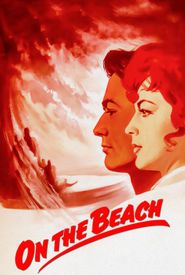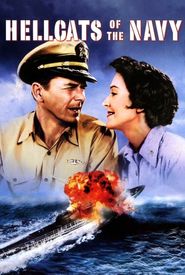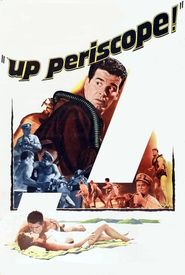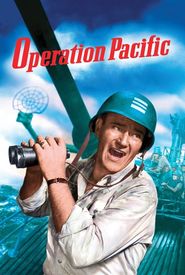Admiral Chester Nimitz's subordinate, Admiral Lockwood, embarked on a storied career in the "silent service" that traversed a multitude of decades, with his formative years in World War I serving as the foundation upon which he built a life of unwavering dedication to the United States Navy.
During the early stages of World War II, a pivotal moment in history, Lockwood embarked on a distinct and influential career trajectory, taking on the position of naval attaché to Britain, a role that afforded him a front-row seat to the British military's innovative strategies for countering the formidable U-boat threat.
Lockwood's illustrious naval career reached new heights in May 1942, as he was promoted to the esteemed rank of Rear Admiral. This significant milestone marked the beginning of his tenure as the Commander of Submarines, Southwest Pacific, a role that would prove to be a defining chapter in his illustrious naval career.
As Commander of Submarines, Southwest Pacific, Lockwood dedicated himself to identifying and rectifying the persistent issues plaguing American torpedoes, which had been woefully inconsistent in their ability to find their mark. Despite the challenges, Lockwood remained steadfast in his pursuit of perfection, driven by an unwavering commitment to excellence and a deep understanding of the critical importance of accurate torpedo deployment in naval warfare.
Under his leadership, the Southwest Pacific submarine fleet would go on to achieve a remarkable series of successes, as Lockwood's tireless efforts to optimize torpedo performance and crew training yielded tangible results on the battlefield.
In the early months of 1943, a significant career transition took place for Lockwood, as he was reassigned to Pearl Harbor, a strategic naval base in Hawaii, where he assumed the esteemed role of Commander, Submarines Pacific, a position that would come to define his wartime contributions.
As Commander, Submarines Pacific, Lockwood would spend the remainder of World War II, dedicating himself to the vital task of leading the Pacific submarine fleet, earning the deep respect and admiration of his fellow sailors and commanding officers.
Throughout his tenure in this pivotal role, Lockwood's exceptional leadership skills, strategic thinking, and unwavering dedication to duty would make a lasting impact on the war effort, cementing his legacy as a highly respected and accomplished naval commander.
Lockwood's remarkable journey in this position would be marked by numerous accomplishments, including the successful execution of complex missions, the development of innovative tactics, and the fostering of a strong sense of camaraderie among his crew.
As the war drew to a close, Lockwood's reputation as a masterful commander would be cemented, and his name would become synonymous with excellence in naval leadership, a testament to his unwavering commitment to duty and his unshakeable resolve in the face of adversity.
Lockwood's remarkable story would serve as a beacon of inspiration for generations of naval officers to come, a shining example of the power of leadership, perseverance, and dedication to the highest ideals of service.
Lockwood's remarkable leadership and compassionate nature earned him the endearing nickname "Uncle Charlie" from his sailors, a testament to the deep affection and respect they held for him.
As a commander, Lockwood demonstrated unwavering loyalty to his men, consistently going above and beyond the call of duty to prioritize their comfort and well-being.
One notable example of his dedication to his sailors' welfare was his arrangement of leave stays at the luxurious Royal Hawaiian Hotel, providing them with a brief respite from the rigors of naval life.
Furthermore, upon their return, Lockwood ensured that his men were treated to an abundance of fresh, wholesome vegetables and a sweet indulgence in the form of ice cream, a thoughtful gesture that spoke volumes about his commitment to their overall satisfaction and happiness.
Through these small yet significant acts of kindness, Lockwood fostered a sense of camaraderie and trust among his sailors, cementing his reputation as a fair-minded and compassionate leader who genuinely cared for the well-being of those under his command.
After hanging up his hat in 1947, Lockwood embarked on a new chapter in his life, dedicating himself to a career as a prolific author and esteemed movie consultant. Throughout his post-retirement years, he continued to leave his mark on the world, leaving behind a lasting legacy that has had a profound impact on those who had the privilege of serving alongside him.
His life came full circle in June 1967, when he sadly passed away, but his memory lives on in the hearts of those who knew him. And so, his final resting place is in San Bruno, California, a testament to the enduring impact he had on the world.


















